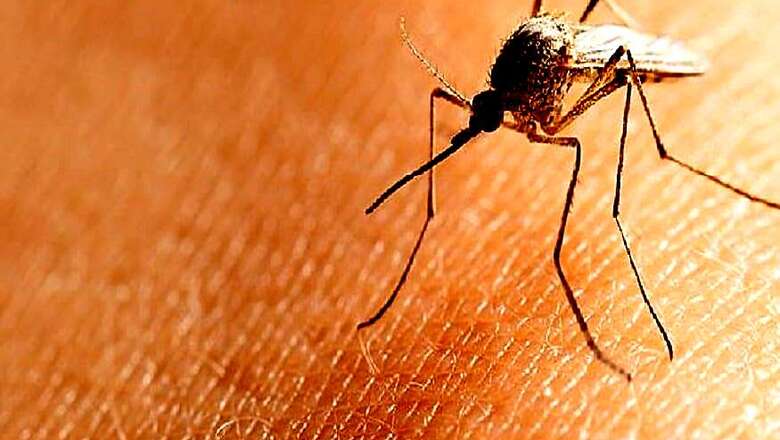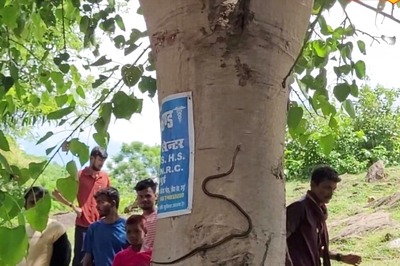
views
The cases of malaria in the Republic of Burundi are on a constant rise with high incidents of cases being reported, the World Health Organization said.
Since WHO's last report on August 11, 2019, more than 1,500,856 new malaria cases. Burundi has also recorded 836 related fatalities.
Between January to October 20, 2019, the WHO has confirmed 7,233,138 malaria cases with 2,691 fatalities across Burundi.
Further, the US Centers for Disease Control and Prevention (CDC) issued a Level 1 Travel Alert for the Republic of Burundi on August 22, 2019. According to the CDC, medical services in Burundi fall well below U.S. standards, and there are no adequate trauma services in the country.
The CDC further says travelers to Burundi should also take steps to prevent mosquito bites by using insect repellent and wearing protective clothing when stepping out.
For travelers who develop a fever while in Burundi or after traveling to Burundi should seek medical care immediately since improper diagnosis or failure in treatment could lead to death.
Malaria is caused by a parasite that spreads to humans through the bite of infected mosquitoes and early symptoms include fever, chills, sweats, headache, vomiting, and body aches.
Caused by the bite of infected female Anopheles mosquitoes, malaria is a life-threatening disease. It is, however, preventable and curable if diagnosed on time.
The initial symptoms include high fever, headache and chills.
Furthermore, according to CDC, the drugs to treat malaria are not cent percent effective. They further add that since resistance to chloroquine is high in Burundi, travelers should use daily atovaquone-proguanil, daily doxycycline, or weekly mefloquine to prevent malaria.
Apart from malaria, yellow fever virus is a risk in certain parts of Burundi as well. Thus, the CDC recommends a yellow fever vaccine, such as Stamaril, for travelers 9 months of age or older to these areas.


















Comments
0 comment